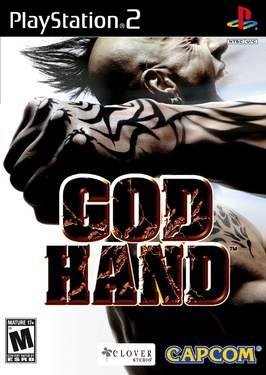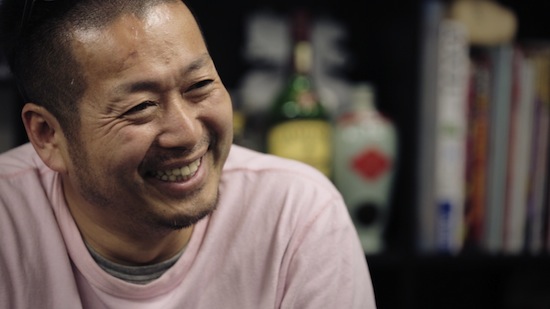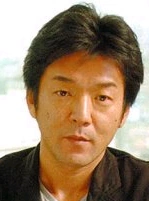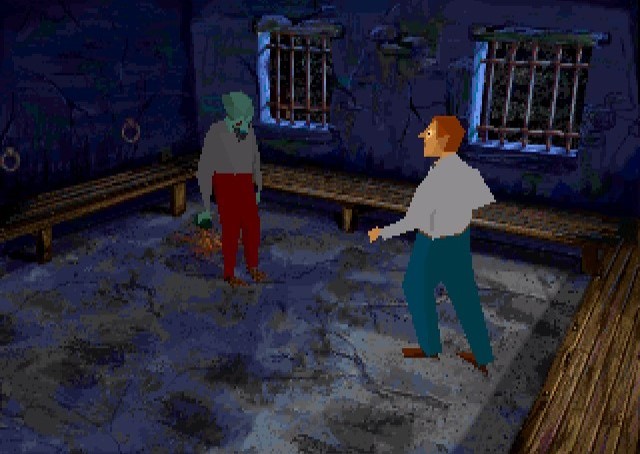Aggelos
Member
"For his 30th career anniversary, we met Shinji Mikami, one of the most prolific creators and contributors to the game industry. Over a long interview, he told us about his beginnings at Capcom, the birth of the Resident Evil series and his views on the horror genre. This documentary is split in two parts - with part two coming October 29th. "
English subs available
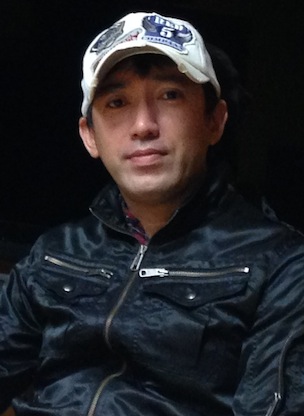
Shinji Mikami
Shinji Mikami (三上真司, Mikami Shinji, born August 11, 1965) is a Japanese video game designer best known for his work as Producer for several games in the Resident Evil franchise. He has also contributed to the creation of some of Capcom's most popular post-32-bit franchises, including Viewtiful...
Edit : Part 2 is up
Shinji Mikami, Part 2: An Eclectic Journey
This is the second part to our long portrait on Shinji Mikami, whom we've met for his 30th career anniversary, as one of eclectic and profile creators of the Japanese industry.
Following Resident Evil 4, Shinji Mikami slowly distanced himself from Capcom, joining Clover Studio, whose members will later create PlatinumGames. We will look back at God Hand, a unique action title, where we'll learn more about the ambitions Mikami had for it, before following on multiple project ideas that he had before finally creating Vanquish.
We also asked about Mikami's collaboration with Goichi "SUDA51" Suda, which started in the Capcom days on killer7, until Shadows of the Damned several years later.
Finally, Mikami decided to create his own studio, Tango Gameworks in 2010 in order to foster a new generation of game creators. We dive in his vision for the company in addition to the two titles of The Evil Within series, all the way to the upcoming Ghostwire: Tokyo, the studio's latest action-adventure title scheduled for a 2021 release.
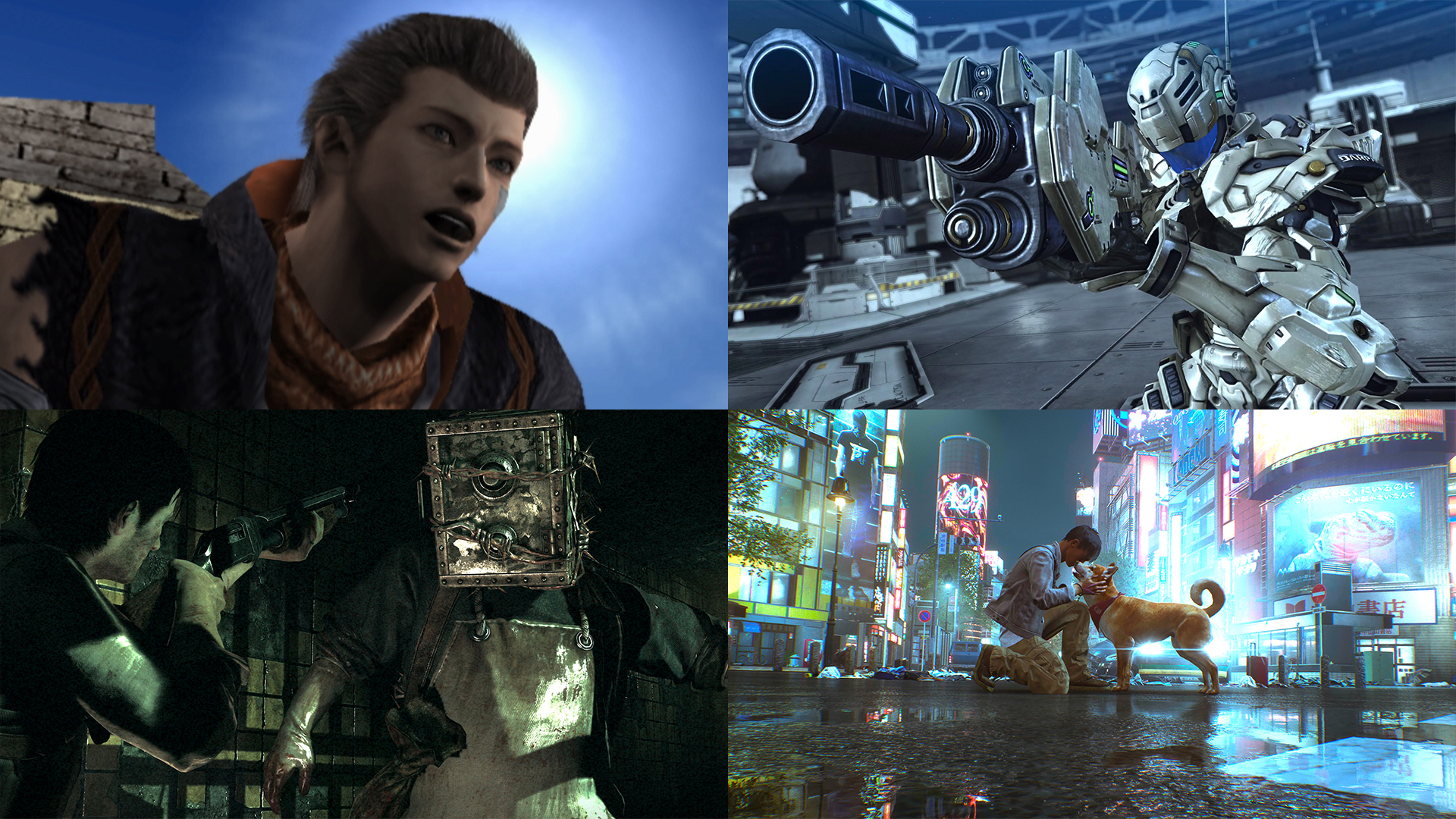
Last edited:

